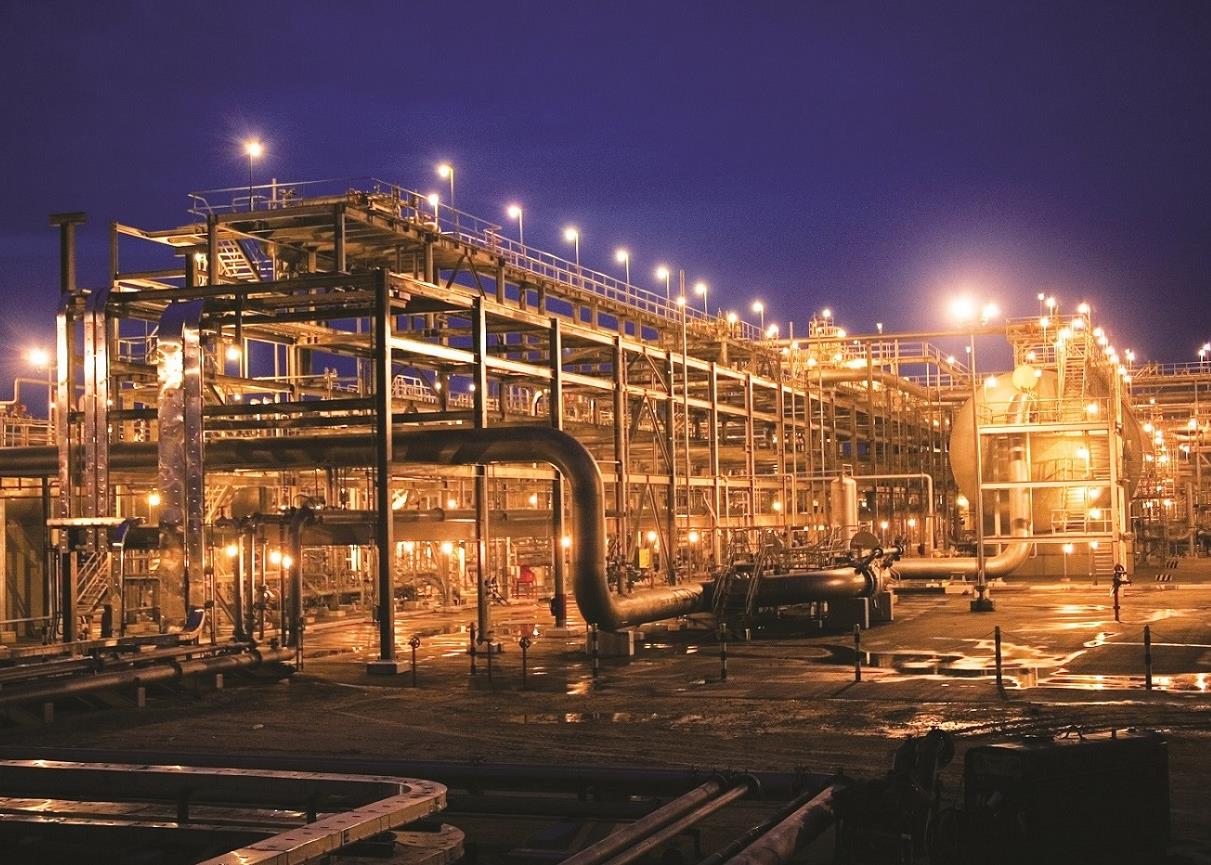
Egypts benchmark index rises more than 7 per cent after military intervention
Egypts benchmark index, the EGX30, rose more than 7 per cent on the morning of 4 July, after the Egyptian military removed Mohamed Mursi from presidency and declared that chief of the constitutional council Adly Mansour would be stepping in as interim president. The positive trend followed a jump of 4.9 per cent on 2 July, following the armys threat to intervene.
The military move resulted in an upwards movement for the EGX100, which includes smaller cap stocks, as well - it reached its limit of 5 per cent within the first few hours of trading on 4 July.
Foreign investors had also been betting on the ouster of Egypts president, causing the Market Vectors Egypt ETF, a US-listed, Egypt-focused exchange-traded fund to rise 4.3 per cent on 3 July.
Following the military intervention investors and analysts were positive about the potential for the Egyptian stock market.
Ahmed Saleh, a Cairo-based senior technical analyst of NBK Capitals brokerage, expects the political events to have a significant bullish impact on the market during the next couple of months.
The expected positive impact can be comparable to that following the presidential elections a year ago, which resulted in a smooth transition of power from the army to civilians. Some sporadic violence might erupt from the supporters of former president Mursi. However, we expect these incidents to have minor effects on the market as they are not expected to change the political picture and the power transition path, he said.
The removal of Mursi, who held back economic growth, could be one of the reasons investors are becoming more confident in the Egyptian stock market.
EGX trading really does make it seem like there was Mursi risk premium this whole time that stocks are pricing out. But market was down pre-June 30, and since the market closed yesterday itd also be reacting to Sundays [30 June] relative lack of violence, tweeted David Mikhail, an equity analyst at Cairo-based Beltone Financial, on 2 July.
The gains following the protests were in sharp contrast to the stock markets performance over the past few weeks. Starting mid-May the stock market declined sharply, causing the EGX30 to drop 12 per cent year-on-year just before the protests started.
Confidence has been low in Egypt due to political instability and the failure of the government to secure much-need international funds. Its budget deficit has widened and foreign reserves are running low, while foreign direct investment has dropped.
The possibility of some of the largest listed companies in Egypt to be delisted has also caused uncertainty about the potential for growth in the stock market. Shares of Orascom Construction Industries, the largest listed company in the country, are currently being bought out by its parent company OCI. The latter launched a tender offer at the end of June, wherein Orascom shareholders can swap for Amsterdam-listed shares or alternatively £E255 a share. The offer will end on 28 July.
You might also like...

Egypt resumes power cuts
18 April 2024

Petrofac awards carbon capture sub-contract
18 April 2024

Neom tenders Oxagon school construction
18 April 2024

Clarifications advance for Neom renewables
18 April 2024
A MEED Subscription...
Subscribe or upgrade your current MEED.com package to support your strategic planning with the MENA region’s best source of business information. Proceed to our online shop below to find out more about the features in each package.








